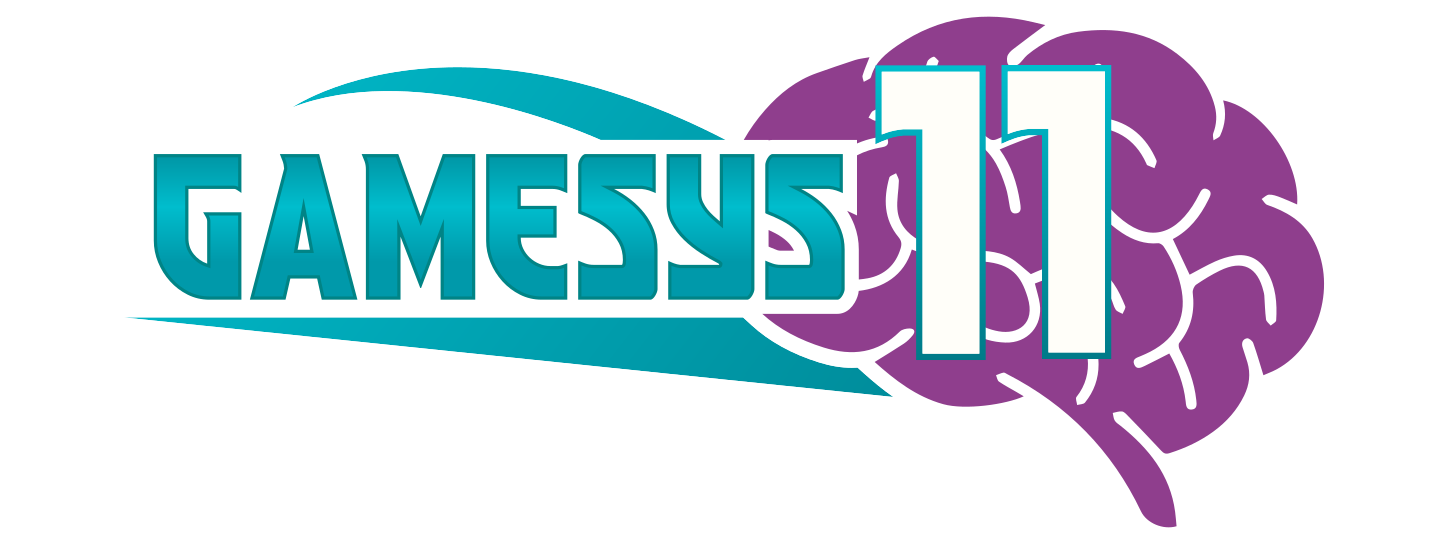
In recent times, India has seen a huge rise in interest in both stock market investing Vs fantasy sports. Millions of new investors have opened trading accounts, while fantasy sports platforms have become a regular part of how people engage with their favourite games. What connects the two? A growing appetite for skill-based, strategic platforms where decisions must be made in real time.
On the surface, the stock market and fantasy gaming may seem worlds apart. One involves financial assets; the other revolves around sports performance. But when you look closer, they share some common ground—especially in how much they rely on analysis, timing, and smart risk-taking.
In this article, we’ll explore how the stock market vs fantasy sports compare. We’ll look at what makes them similar, where they differ, and what skills they help develop – particularly when it comes to handling risk and making informed decisions.
Fantasy sports are online games where you build a virtual team using real-life players from sports like cricket, football, or kabaddi. The performance of your team depends on how those players perform in actual matches.
Here’s what makes fantasy sports tick:
Let’s say you put money into a company by buying its shares on the stock exchange, like the NSE or BSE. That share gives you a tiny ownership in the company. If the business grows and makes money, chances are its stock price will go up. That’s how you make a profit. Some companies even give part of their earnings back to you as dividends, kind of like a bonus for being a shareholder.
Here’s what you’d typically do:
Different investors take different approaches:
At their core, stock market vs fantasy sports are skill-driven games of strategy, not luck.
While both stock market investing and fantasy sports require skill and strategy, they differ significantly in several key aspects:
Fantasy sports go beyond just picking your favourite players—they train you to think strategically and make data-backed decisions. To succeed, you need to evaluate multiple variables before each match.
Here’s how fantasy sports sharpen your analytical skills:
Stock market investing is a long game that rewards patience and a solid understanding of how markets move. Smart investors study company fundamentals, follow economic trends, and stay disciplined even during market dips.
It might sound surprising, but fantasy sports can be a solid training ground for future investors. Both involve analysis, risk-taking, and decision-making under uncertainty.
Here’s how you treat stock trading like fantasy sports:
The short answer? No. Despite some overlaps in a fantasy sports and stock market comparison, fantasy sports are meant for entertainment, not wealth creation. While they can sharpen your analytical and decision-making skills, they don’t offer the stability or structure that real investments do.
Investing vs fantasy leagues both reward those who take time to analyse data, manage risk, and make smart decisions. They each build critical thinking, pattern recognition, and emotional discipline.
But despite their similarities, the differences between investing and fantasy sports have them cater to different goals.
Fantasy sports are short-term, game-based, and driven by entertainment. Stock market investing, on the other hand, is a long-term approach to building real wealth.
Approach both with awareness, research, and a mindset focused on learning and growth. Platforms like Gamesys11 offer a competitive, skill-based environment for fantasy gamers looking to test and improve their decision-making under real-time pressure, much like how stock trading challenges your financial instincts.
In some ways – both require strategy, analysis, and decision-making – but the purpose and outcomes are very different.
Yes, it can develop analytical thinking, risk awareness, and emotional control – skills useful for investing.
Stock investing involves real assets and long-term gains, while fantasy sports are short-term games with contest-based payouts.
No. Fantasy sports are primarily for entertainment and should be played responsibly, not as a financial tool.
Both require research, strategic planning, pattern analysis, and the ability to stay calm under pressure.
